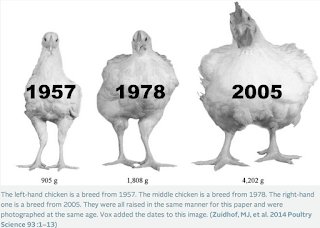Complex Trait Prediction: Methods and Protocols (Springer Nature)
Editors:
Nourollah Ahmadi and Jérôme Bartholomé
CIRAD, UMR AGAP Institut, Montpellier, France
About this book
This volume explores the conceptual framework and the practical issues related to genomic prediction of complex traits in human medicine and in animal and plant breeding. The book is organized into five parts. Part One reminds molecular genetics approaches intending to predict phenotypic variations. Part Two presents the principles of genomic prediction of complex traits, and reviews factors that affect its reliability. Part Three describes genomic prediction methods, including machine-learning approaches, accounting for different degree of biological complexity, and reviews the associated computer-packages. Part Four reports on emerging trends such as phenomic prediction and incorporation into genomic prediction models of “omics” data and crop growth models. Part Five is dedicated to lessons learned from case studies in the fields of human health and animal and plant breeding, and to methods for analysis of the economic effectiveness of genomic prediction.
Written in the highly successful Methods in Molecular Biology series format, the book provides theoretical bases and practical guidelines for an informed decision making of practitioners and identifies pertinent routes for further methodological researches. Cutting-edge and thorough, Complex Trait Predictions: Methods and Protocols is a valuable resource for scientists and researchers who are interested in learning more about this important and developing field.Our article (pp 421–446):
From Genotype to Phenotype: Polygenic Prediction of Complex Human Traits
T. Raben, L. Lello, E. Widen, and S. Hsu
Decoding the genome confers the capability to predict characteristics of the organism (phenotype) from DNA (genotype). We describe the present status and future prospects of genomic prediction of complex traits in humans. Some highly heritable complex phenotypes such as height and other quantitative traits can already be predicted with reasonable accuracy from DNA alone. For many diseases, including important common conditions such as coronary artery disease, breast cancer, type I and II diabetes, individuals with outlier polygenic scores (e.g., top few percent) have been shown to have 5 or even 10 times higher risk than average. Several psychiatric conditions such as schizophrenia and autism also fall into this category. We discuss related topics such as the genetic architecture of complex traits, sibling validation of polygenic scores, and applications to adult health, in vitro fertilization (embryo selection), and genetic engineering.
Ungated arXiv version.
See also Big Chickens.



No comments:
Post a Comment